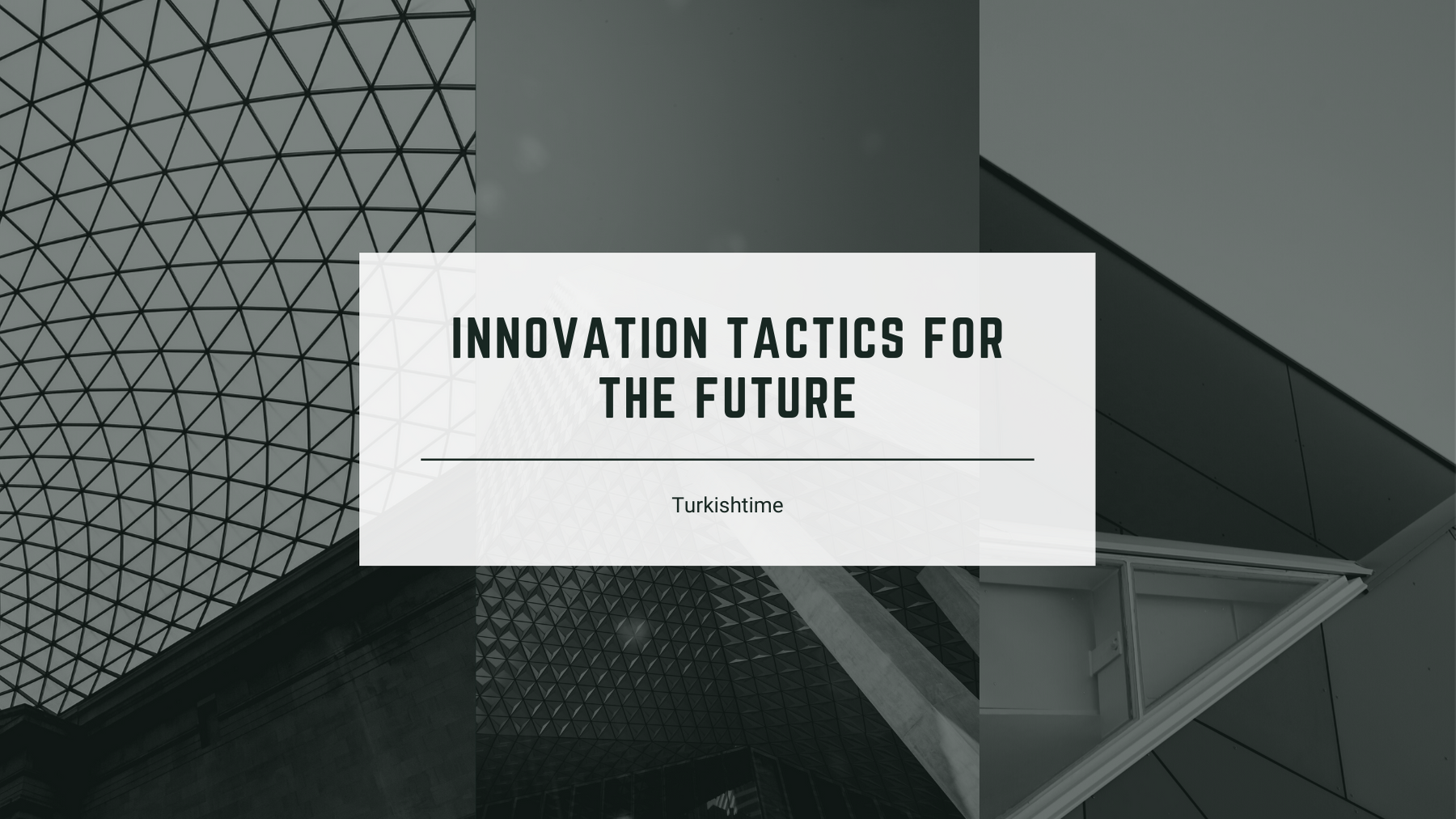
Don't focus on Silicon Valley, focus on local opportunities. Interview with futurist Mike Walsh with Turkey's leading economic magazine Turkishtime. According to Walsh, that's just the start. The big challenge for business leaders today is how to re-imagine their companies for the 21st century.
You help to prepare business leaders for what is next. What have you been recommending to them lately?
The big challenge for business leaders today is how to re-imagine their companies for the 21st century. There are lots of new technologies on the horizon - enterprise mobility, cloud computing, social media and big data - and yet none of will make any real difference unless you also take the opportunity to challenge the way your business works.
A retailer can use new technology to reduce fraud and lower costs, but unless they also have a good strategy for mobile and web commerce - they will lose in the long run. A newspaper can set up a social media page on Facebook, but unless they develop new digital business models - they won't survive long enough to make any friends.
If you are a CEO today - you have to break your business before you can re-build it for the future.
You are focusing on the near future. What could you say about it? Is there any distruptive technologies in the near future? If so, what are these?
Anyone can think about the far future - because by the time it actually happens, no one will remember what you said. The near future is much more difficult, because it impacts the investment decisions you make today. I see five big trends for the next few years:
- 3D Printing - we are on the bring of a new industrial re-revolution as 3D printing makes possible the creation of all kinds of things from airplane parts to human organs on demand. This will change the economics and dynamics of the world's manufacturing industries.
- Everything Moves To The Cloud - from media to enterprise software, the Cloud will transform the way we inform, work, communicate and entertain ourselves. For emerging markets, this will be particularly important - as it means you can put cheap mobile devices and tablets linked to powerful web servers and potentially transform industries from healthcare to education.
- Personalised Medicine - the next big wave in pharmaceuticals will be personal DNA sequencing linked to personalised treatment and diagnosis.
- Big Data - Data is quickly shifting from being a cost for corporations to becoming its most significant asset. From predicating consumer behaviour to financial markets, big data will be a goldmine for those companies smart enough to see the patterns in the noise
- Reality Becomes Clickable - with the launch of Google Glasses next year, we will see a fast growing market of computer wearables that will fundamentally change our relationship with the physical world.
How should enterprises turn new technologies into usable business strategies?
If you want to turn high tech into big profits, you have to forget about technology and focus instead on anthropology. The companies that best commercialise new ideas are generally the ones that best understand consumer behaviour and how to communicate innovation in ways that the everyday person can appreciate. Imagine if Steve Jobs was in charge of your competitor's business - how would he incorporate new technology into their products and services. Its a frightening thought - but one that should give you an insight into what is really important.
How do you see the development of digital innovation in developing countries like Turkey? What do you recommend?
With one of the world's fastest growing middle classes, a strong technical base of programming talent, fast adoption of new mobile technologies and a passion for social media - Turkey is an unique position to become a world leader in digital innovation. Rather than trying to imitate Silicon Valley, my recommendation for Turkish entrepreneurs is to try and find unique opportunities in the local ecosystem, and then find ways to scale these to other markets and geographies with similar problems or opportunities.
Innovation Tactics For The Future

